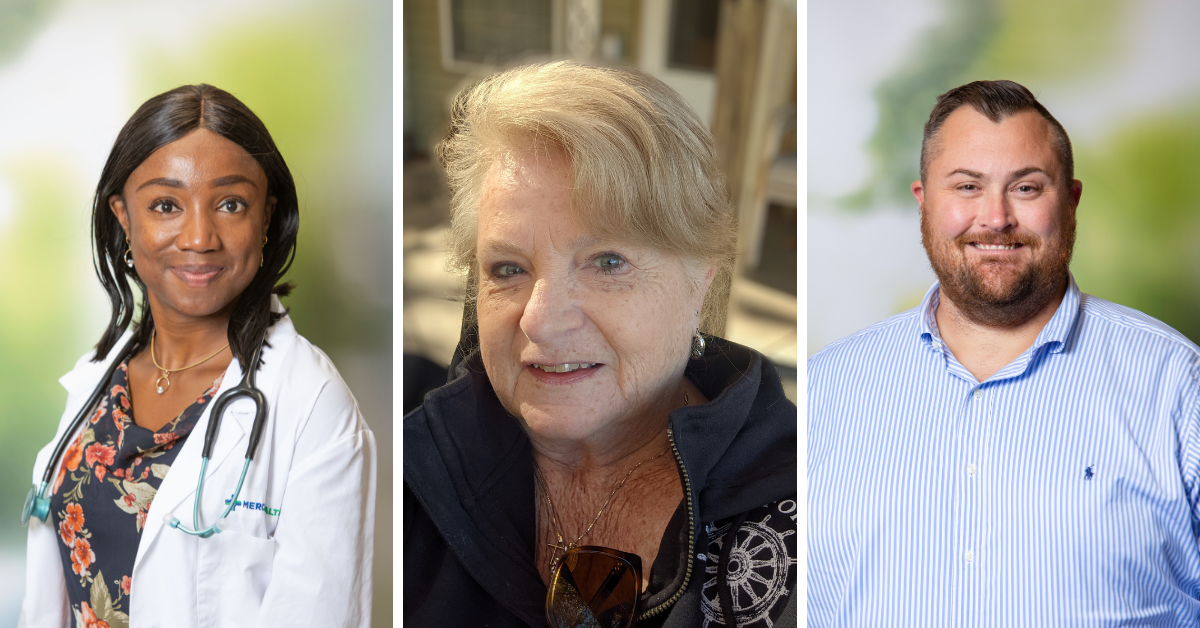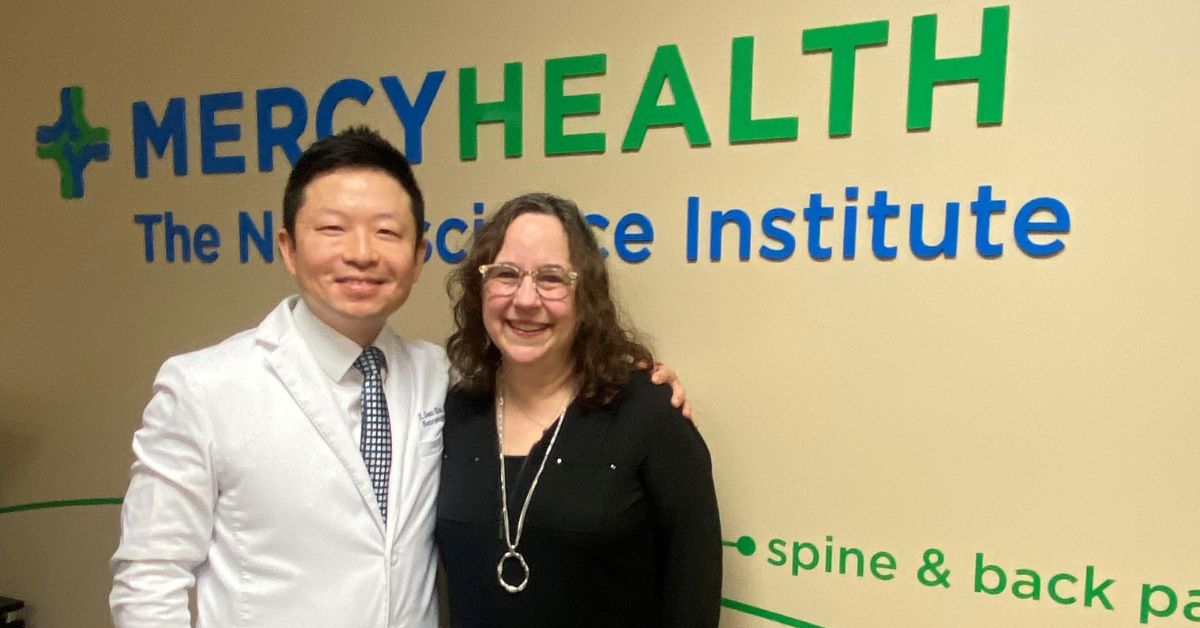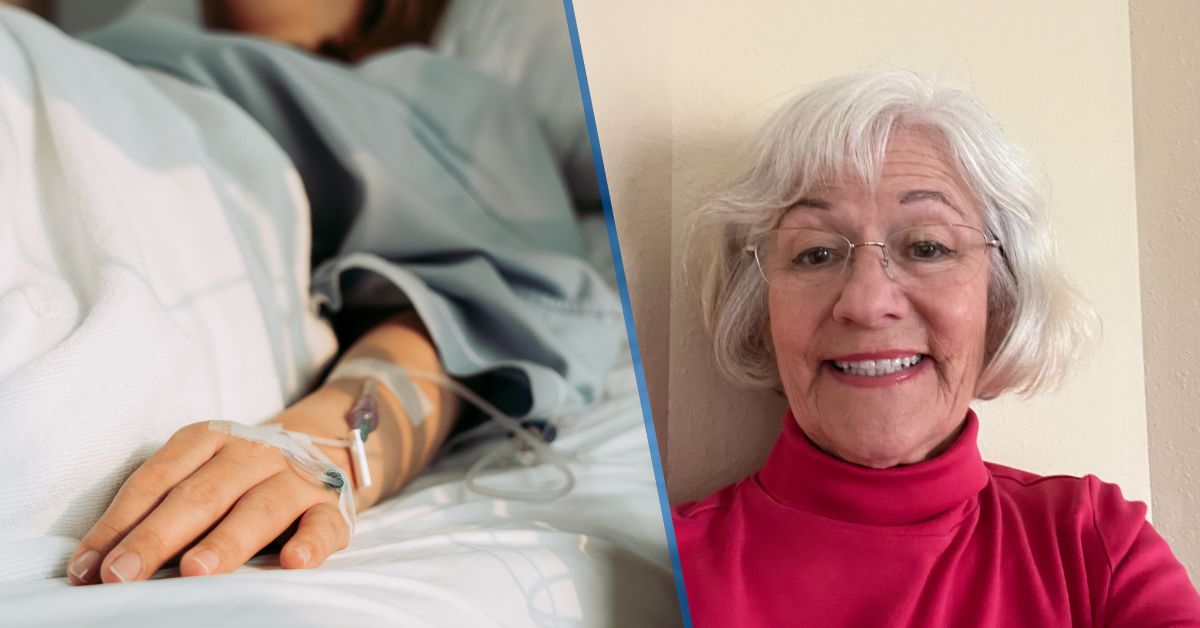Many find comfort in the familiar drive from downtown Toledo to the Mercy Health – St. Vincent Medical Center campus, while others prefer to have their health care services closer to home.
So, for those homebodies, our St. Vincent diabetes education team members have been busy “hitting the road” in an effort to make their services accessible for all living in the region. Even though the footprint of Toledo and the surrounding area is vast, our nurses and dietitians are committed to finding ways to serve people where they feel most at ease.
“Shorter commute times can decrease patient stress and create a better atmosphere for learning,” Jeannie Wagner, a dietitian and program coordinator, says. “We are thrilled to see our community offerings being so highly utilized. We are currently offering sessions at both Perrysburg Hospital and St. Anne Hospital but look forward to adding rotations at St. Charles Hospital in 2025.”
Brenda Bal, RN, a diabetes educator (pictured above, far left), adds, “I enjoy getting out into the community and visiting a variety of beautiful Mercy Health campuses.”
These roadshows are perfect for patients like Justin (pictured above, far right), who has shared that the time and location are perfect for his life.
Justin’s departure time from work coincides wonderfully with the evening class schedule that is located just minutes away from his employer.
“I like the support of the group and knowing that I am not the only one going through this,” he shares.
Cindy (pictured above, second from right), one of Justin’s classmates, adds, “I have had diabetes for a long time and never understood a lot about it. These classes helped me understand more and practice what I learned.”
It might be tempting to think that diabetes education is only for newly diagnosed individuals, but the DSMES (Diabetes Self-Management Education and Support) Consensus Report tells a different story. The report states that when a person is not meeting treatment targets, when a complicating factor develops or when a transition occurs, these are all good times for diabetes education.
Brenda explains that while the group classes are geared toward individuals with a diagnosis of type 2 diabetes, the program also serves those with type 1 diabetes, gestational diabetes and pre-diabetes. The difference is that these sessions take place individually.
While the diabetes education class curriculum covers some serious subject matters, the unmistakable camaraderie found among group members helps. A shared smile and an occasional “high five” reassure attendees that they are not alone.
Tom (pictured above, second from left) attends the fall session in Perrysburg as well.
“I like to be able to bounce ideas off of others who are experiencing the same things that I am,” he says. “There is always value in a second set of eyes.”
This holiday season, we are celebrating by spreading the good news! Read more grateful stories, like this one, that feature our team members, patients and the wonderful communities we are blessed to serve.
Also, learn more about type 2 diabetes as well as the primary care services we provide at Mercy Health.






